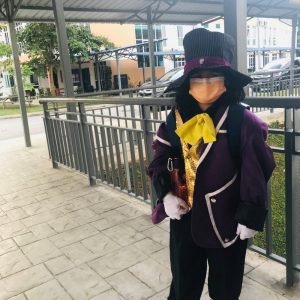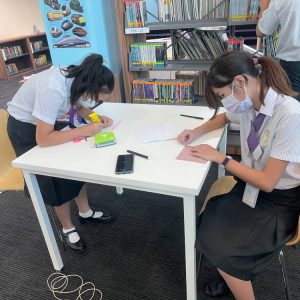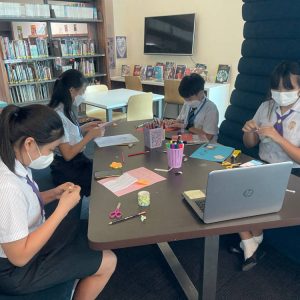FRIDAY FLYER-Issue 105
Headmaster’s Review
‘Reading is the gateway skill that makes all other learning possible’ (Barack Obama)
It has been fantastic to be able to welcome many of our students back to face to face lessons. There is no doubt that our school is a remarkable place as a result of the special relationships that are built between our talented teachers and engaged students. Every day memories are made. School days are filled with precious, unique, once in a lifetime, never to be repeated moments whether during lessons, in the boarding houses or in the valuable interactions that inspire our students and enable them to flourish as young people and scholars.
Another welcome change is being able to welcome students back into our school library. Our Librarian, Miss Atiqah, tells me that she has been very busy because students are desperate to change their books. Fiction is the main choice for our younger students – stories to fire their imagination and take their minds to other times and places. Indeed, every lunchtime many of our Prep School students will take the chance to find a quiet corner and lose themselves in a good story.
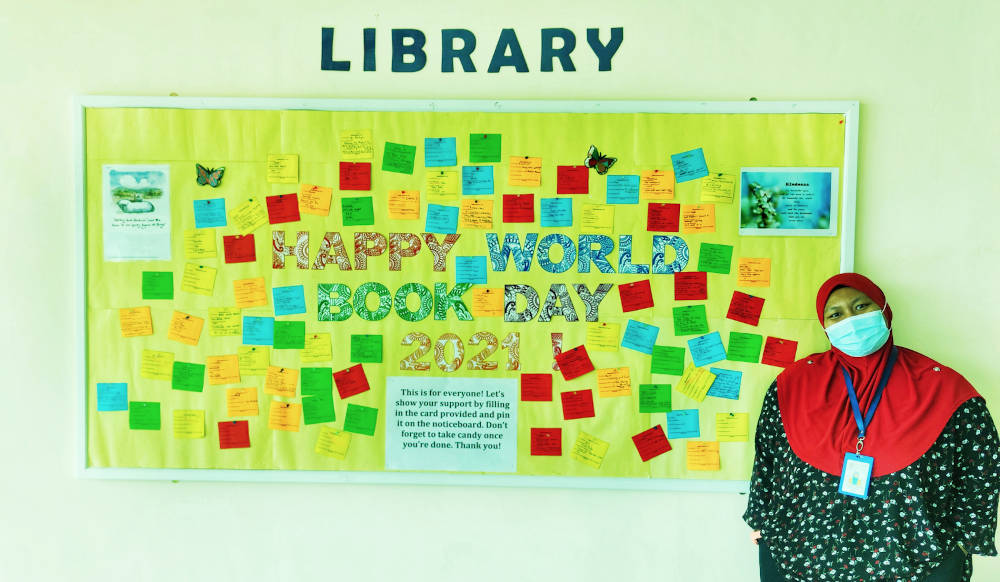
The more senior students mostly choose non-fiction as they carry out research for their exams and their extended projects (EPQs). The library also gives them access to almost limitless online resources – periodicals, articles, journals and respected magazines such as The Economist or The British Medical Journal.
The library naturally becomes the focal point for our student led Academic Societies. Today I joined Raihana and Yi Chen as they took part in this week’s Science Society Debate: ‘Can aging be stopped?’. This was a fascinating, considered and carefully researched discussion into the obvious positives but also the unexpected negatives of living much longer lives. It was very impressive to see our students making their intelligent contributions whilst also listening carefully to others. I feel confident that our future is in safe hands given that these are the leaders of tomorrow.
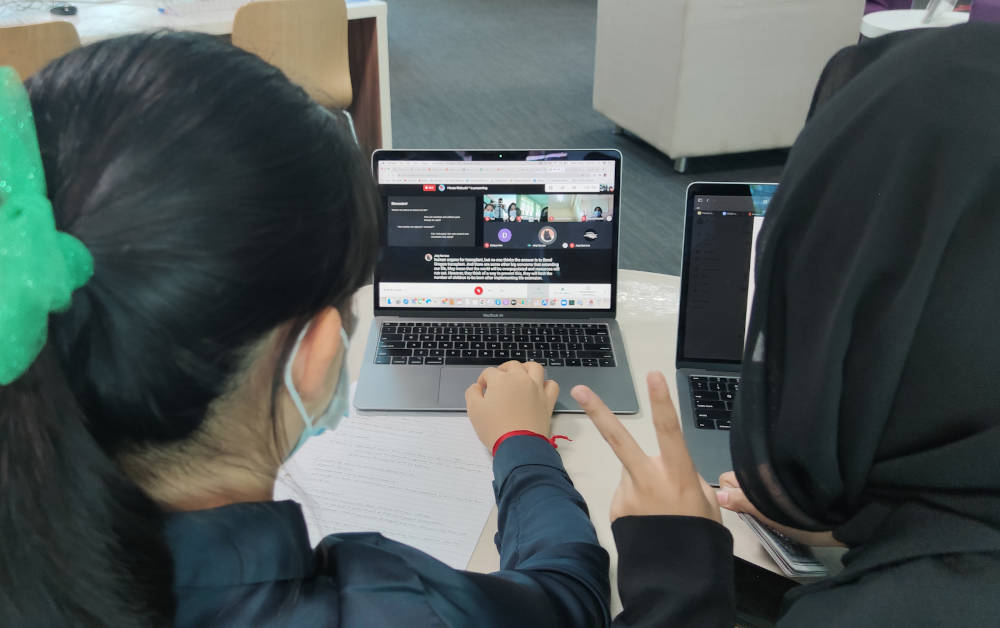
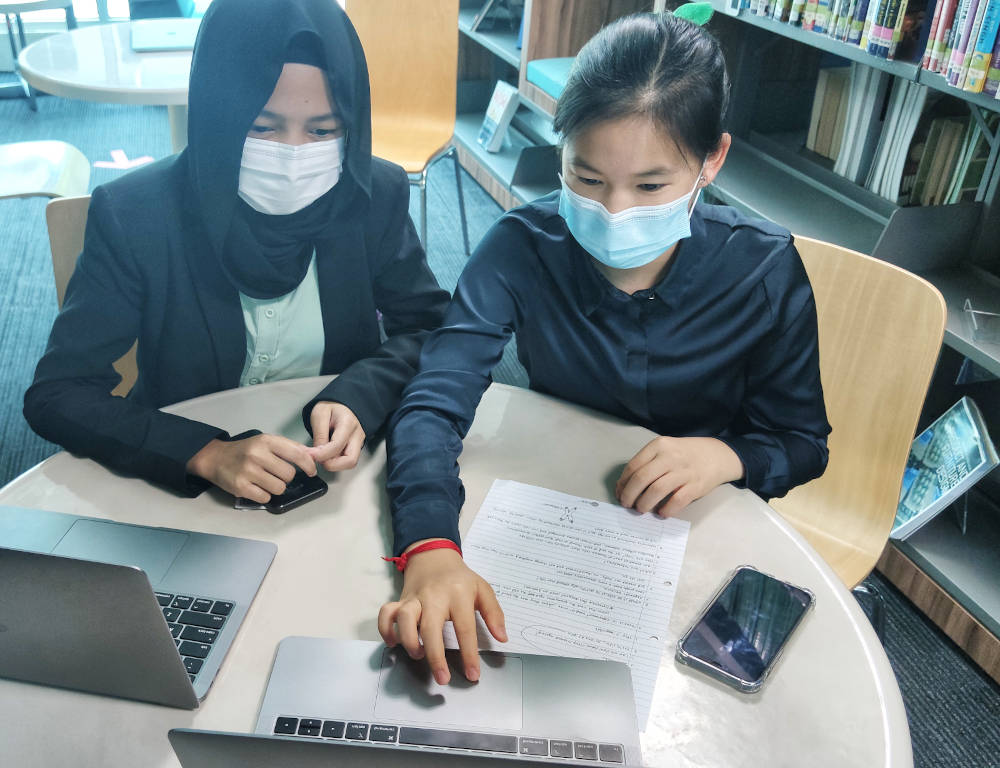
Our students, by their very nature, are inquisitive, thoughtful and compassionate. They have a love of learning and a sincere enthusiasm to make the most of the chances at Epsom to learn together, live together and grow together. What a privilege it is to be part of their journey.

Checking the ‘B’ section again for ‘Brown’.
Best wishes,
Mr Matthew Brown
Headmaster
The Epsom International Eisteddfod
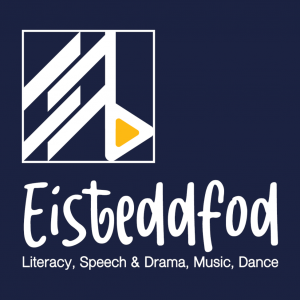
Epsom College in Malaysia is pleased to offer a Malaysian first and indeed a fantastic opportunity to showcase the artistic talent in the field of performance like no other!
The Epsom International Eisteddfod has been created to celebrate and recognise the Arts and your passion involved in performance. We have set up a great website dedicated to the Eisteddfod and have started collecting entries for this first season.
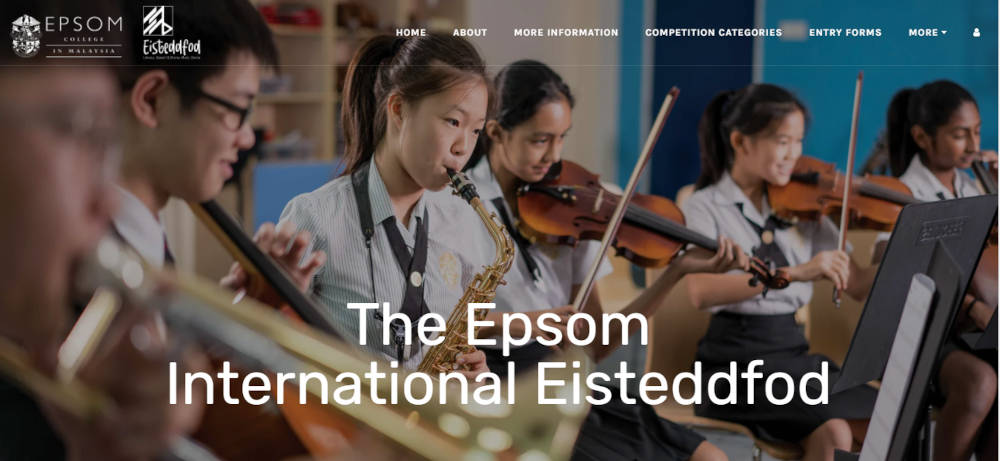
Wait a second, what is an eisteddfod?!
An eisteddfod is a Welsh festival of literature, music and performance. The tradition of such a meeting of Welsh artists dates back to at least the 12th century when a festival of poetry and music was held by Rhys ap Gruffydd of Deheubarth at his court in Cardigan in 1176.
Today we see many Eisteddfods (or Eisteddfodau) held the world over, most notably, The National Eisteddfod of Wales, Llangollen International Musical Eisteddfod, The Australian National Eisteddfod and The National Eisteddfod of South Africa. There are various music and literary competitions held within these Eisteddfodau, each unique to the region they originate from.
Each year, there will be 3 seasons where you can submit videos of yourself or a group performing in Drama, Music, Dance, or Song. You can also take part in the Photographic competition if you are not fully confident in performing. There are loads of opportunities, we just want to celebrate your talent and even reward you with a certificate and feedback from a well-known and highly experienced panel of adjudicators and teachers.
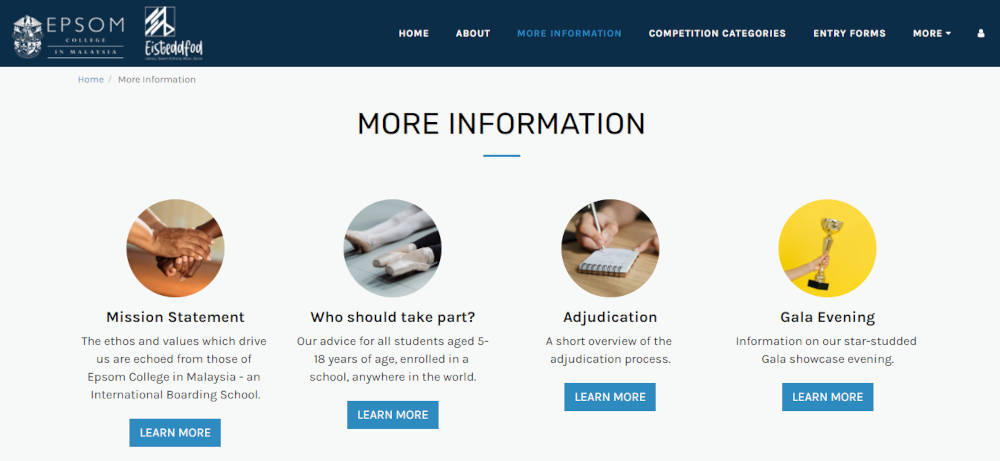
Please log on to www.epsominternationaleisteddfod.com and find all the information there. This competition is open to ALL students from ALL schools ALL over the world! Invite your friends to take part and share your passion and talent with us!
We look forward to sharing our top performers on our website too, so do have a look there when we complete the season and post the ‘Best of the Best’ onto our WonderWall!
For more information or any questions you may have please email us at epac@epsomcollege.edu.my. We’ll be happy to help.
Mr. Ian Schoeman
Head of Performing Arts
World Book Day

We marked World Book Day on 12th March and it was lovely to see students in the Prep School dressed as their favourite characters, and students in Key Stage 3 taking part in a literary scavenger hunt – many thanks to those Year 11 students who wrote the clues and planned the hunt.
Students in the Prep school and Key Stage 3 also took part in activities organised by Miss Atiqah in the library, including designing a birthday card for their favourite literary character. And outside the library staff and students from across the school pinned cards naming their favourite book, hopefully inspiring everyone at school to broaden their reading.
Our celebrations of World Book Day ended in Prep School where guest readers came at the end of the day to read stories by authors as diverse as A.A. Milne and Dr. Seuss.
A great, fun day – thanks to everyone involved, and happy reading!
Dr. James Phillips
Head of English
Economics in an Uncertain World
In the world of Business and Economics, there is always uncertainty and unpredictability. However, the covid-19 pandemic has taken those to levels never seen before in most people’s lifetimes. Going for a holiday to Thailand, Singapore or even somewhere in Malaysia currently seems like a distant memory and to think, a little over 12 months ago, we could do it without thinking.
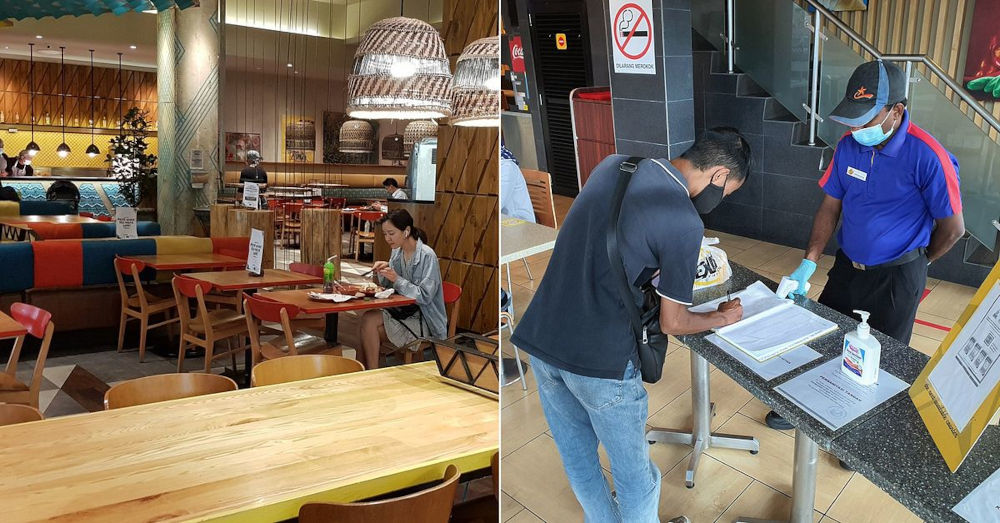
No person or business has been unaffected by the fallout from the pandemic. Sadly for many businesses, covid-19 has been seen as the final nail in the coffin and led to their bankruptcy. This is especially true in leisure and retail industries, which depend on large groups of people gathering in confined locations.

However, not all businesses are doomed, as many have been able to use their resources and initiative to adapt to the covid-19 world, while some have even benefitted from the covid-19 pandemic. For example, the likes of Grab, Lazada, Foodpanda, etc, have experienced record sales and growth as people change their lifestyles. This has forced other firms to rethink the way in which they operate and be innovative.
Covid-19 will no doubt change the way people and firms think and operate. For instance, people will be a lot less likely to book that dream holiday abroad 6 months in advance and many firms will have people permanently working from home. Additionally, many people who have got into the habit of ordering food deliveries online will not be quick to go back to dining out in restaurants. On the other hand, other industries will be much quicker to revert to pre-covid normality, such as the education industry, given online learning has shown that, no matter how competently and professionally it is done, it is ultimately no substitute for face-to-face education.

The overall extent to which our lifestyles are permanently changed by covid-19 remains to be seen, but planning for the worst and hoping for the best is going to be at the forefront of people’s and firms’ decision-making for years to come.
Mr Liam Moulton
Teacher of Economics
Tailored Learning at Epsom

Every single pupil is unique and has their own set of strengths and challenges. This is normal. However, sometimes, some pupils have specific learning needs that sit on the end of the spectrum and as such may need additional support to help them on their learning journey. These needs may be academic, social, linked to executive skills – organisation / timekeeping, or a mixture of all areas. Epsom College, through the Senior School Learning Support Department, focuses on helping these pupils reach their full potential. We often remind our pupils that they have their own individual areas of strength, areas that they are naturally inclined towards, and the small teacher to pupil ratio enables all pupils to develop various abilities and skills.
We support learners in various ways depending on the need. For instance, if a pupil is making slower-than-expected progress in their English language subject, and they are about to embark on their IGCSE course the following year (where the level of English language application will be increasing exponentially compared to KS3), we would suggest a very specific course of action to accelerate their progress. We would also provide relevant resources and support.
If a pupil lacks certain aspects of social competency or finds certain social situations awkward, we would recommend they attend Social Thinking sessions. This is led by our school counsellor, Ms Pajan Kaur, as a weekly session. She would have a group of similar aged pupils and they would go through social scenarios and discuss social norms.
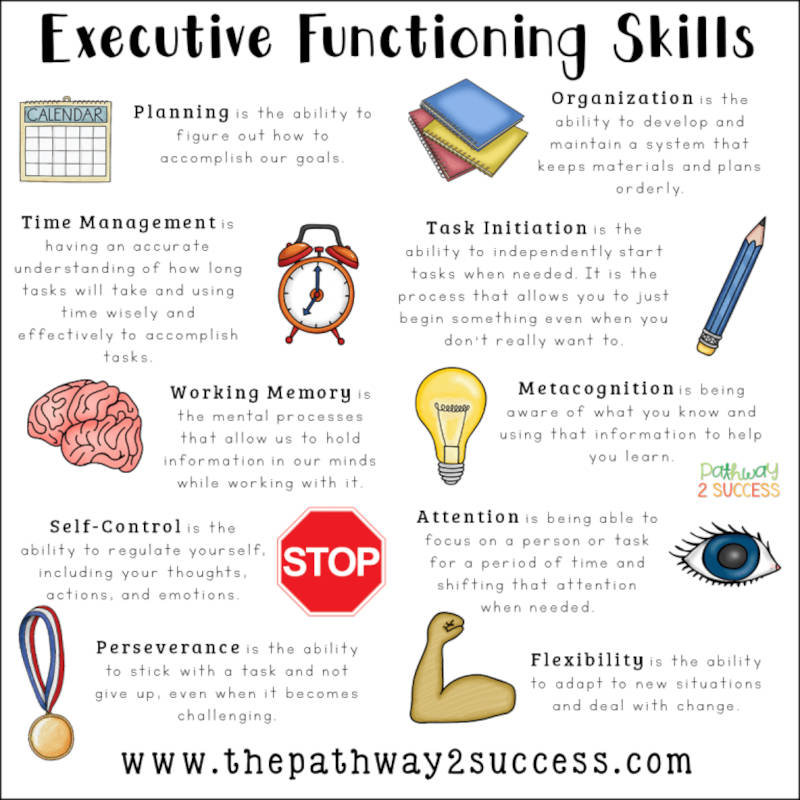
The department provides training for pupils who may lack executive functioning skills. For example, if a pupil has poor organisational skill, we will suggest practical ways the pupil may organise themselves so that their assignments are handed in promptly. This can be through the use of a Digital Planner or a Planner book.
If a pupil is struggling with writing extended pieces of written work for history or English, the subject teachers will provide scaffolding that will help the pupil organise and structure their thoughts before attempting to write. The Learning Support Department provides training for our teachers on a regular basis on how to work with pupils who learn differently.
For our A-level pupils, we work with our excellent Higher Education (HE) team and with families to assist in securing the best options for our pupils both in terms of an academic fit and in terms of additional support, for instance, which universities offer systematic support for children with Autism Spectrum Disorders (ASDs). This individual care means that the children who leave us have the very best chance of flourishing in higher education.
Ms Denu Sankey
SEN Coordinator
Removing the Barriers to Language Proficiency

In global multicultural organisations, similar to an international school or a business, the fact not everyone within these communities is a native speaker of the same language can lead to some members feeling isolated. This is possibly due to them feeling shy about not being able to communicate as effectively as others. This communication problem may well be due to their current low English proficiency; however, it might be that the culture of language makes employees or students feel isolated. The intention of this article is to increase the awareness of some of these language barriers and pose aspects to consider when trying to foster a culture of language within a multicultural organisation. Furthermore, it is important to remember that with a globally growing population, the use of languages within business has never been so important. After all, parents of students at ECiM, who run business or work within South East-Asia, are probably having to communicate with employees or business partners in more than one language. A similar situation can be seen at ECiM, where students speak a wide variety of first languages and are linked by English being the language of instruction at school.

Use plain language. Whether you are working with someone who understands your first or primary language as a second language, or you are trying to communicate a highly technical problem to someone, it is important to get into the habit of using plain language whenever possible. It is common for people to try and use long words to make themselves sound intelligent or good at their jobs, but unfortunately they are not being helpful to others of a lower English proficiency. Using jargon or expansive vocabulary can create the opportunity for miscommunication and, consequently, make people feel inadequate as they cannot understand what you are saying. Creating a culture within a workplace, or classroom, of speaking simply and explaining as straightforwardly as possible is an important consideration.
Use repetition. Whether there is a language barrier or not, people often need to hear something more than once to understand and remember it. Do not expect anyone to remember something you said once. If it is important, try to make it a regular part of your communication. Furthermore, to check for understanding, ask people questions, but try to avoid yes or no answers, as this might give a false impression of their understanding of what you have said.
Use visual methods of communication. Words often fail us, and when they do, showing can be a lot more effective than telling. Try to use pictures or diagrams to explain complicated concepts. Visual aids are invaluable for gaining everyone’s understanding. It may also be helpful to have key words translated into your audience’s first language to support their understanding.
Be respectful. Language barriers, like all barriers to communication, can be frustrating. They require patience, understanding, and conscientiousness. Ensure that when you are struggling to communicate you do not raise your voice or over-enunciate. Talk slower instead of louder, clearly instead of forcefully. Try to remember that when someone is working through a language problem, it has nothing to do with intelligence or ability to understand a concept behind what you are trying to say. Continue to speak properly as you search for common ground. It is also helpful to allow additional thinking time when waiting for a response as someone not speaking in their first language will take time to think about their answer and then to translate it into another language.
I personally feel the language barriers experienced within school life at ECiM, for both students and teachers, closely overlap with those experienced within international companies. It is important to mention that these language barriers are, to a greater or lesser extent, dependent on the context for the transfer of information between people. For example, in a business environment ‘use of language’ might be different to an ECiM classroom, as teachers need to use technical language to teach educational concepts. In this example, ‘visual methods of communication’ are adopted by teachers to support learning. Therefore, the language barriers and solutions depend on the context at hand, and should be considered by all when working with people who do not share their first language. From my own experiences, I have found the key to limiting the effects of language barriers to be that you start with spending time getting to know people within your community. By building connections with people, you start to understand more about the cultural and linguistic nuance of each other’s first languages. These considerations help to reduce language barriers and directly link to building a community of ‘respect’, and, in turn, the importance of feeling included.
Mr Rupert Whitty
Head of English as an Additional Language (EAL)
Hooray – Back to School!
The shoes on the porch; the noise in the Dining Hall; the laughter in the corridors. The return of many of our off-site pupils has led to even more liveliness and smiles as they finally rejoin us here at Epsom. The pupils have all been so resilient with online learning and it fills me with so much joy to see their hard work rewarded with finally having in-person lessons again.
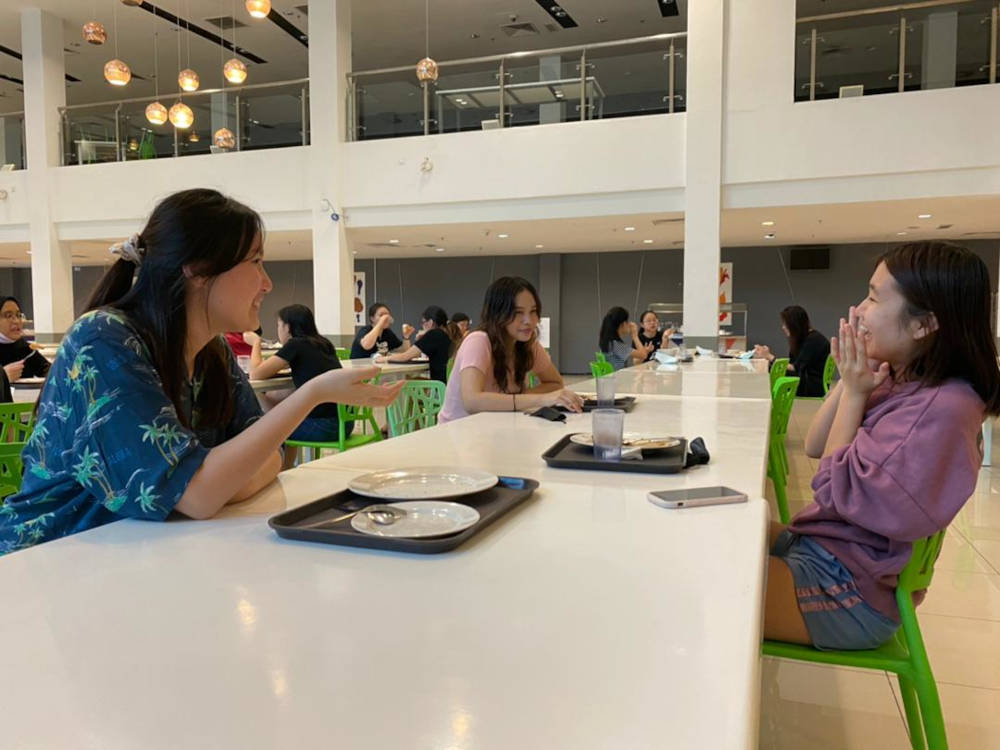
Epsom’s community is one of my favourite things about the College and a community is nothing if not for the friends and families that we have here. These past two weeks have paralleled the feeling of welcoming your family members from abroad for Christmas, Chinese New Year or any other celebration: the meals together; the laughter; the catching up. Pupils have already started organising charity projects and this week we have also had our Committee Meetings in which students are presenting their ideas on how to improve the College. They have really taken on board an excellent attitude to what is our ‘new normal’ and are still making the most of their school experience whilst following all SOPs and staying safe: I couldn’t be prouder.
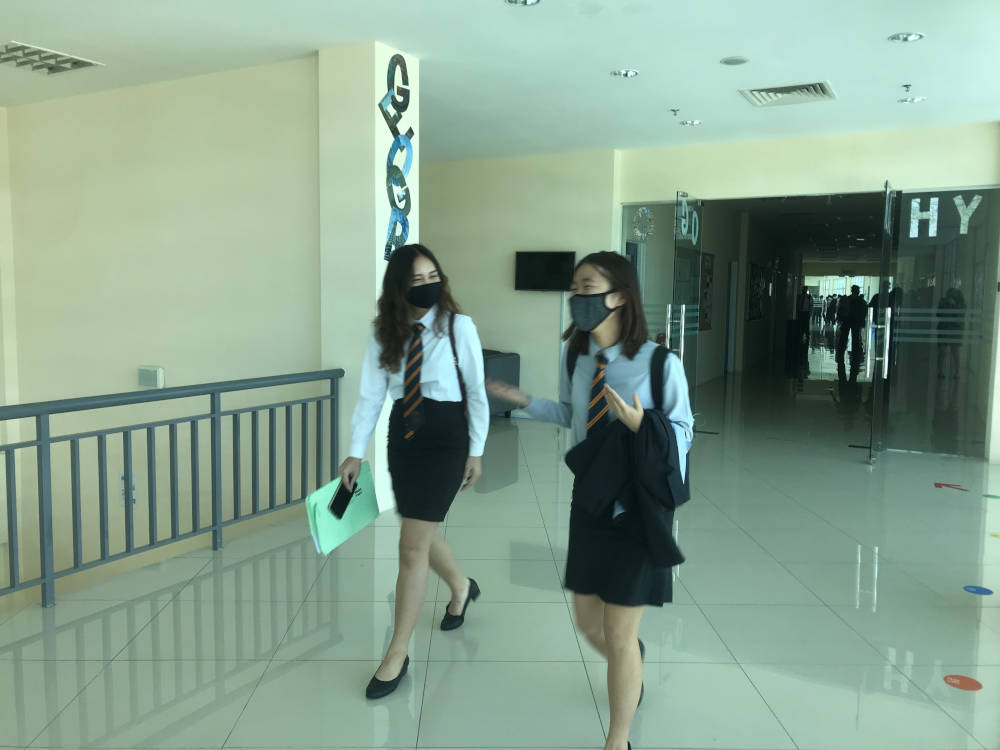
A personal experience of mine that I have really enjoyed in these past two weeks has to be the walking. And yes, walking may sound tiring, mundane at best, but it’s the walking where you hear the most laughter. The journey from class to class between lessons has been coupled with chitter-chatter bouncing off the walls, when we had been so used to the solitary sound of our own footsteps while the majority of the school were stuck behind their screens. It has recreated the environment that I have missed greatly and I am so excited to slowly welcome more students back while making sure everyone is safe.
Epsom is buzzing; after all, what is a school without its students?
Tia Siddle
Head of College



